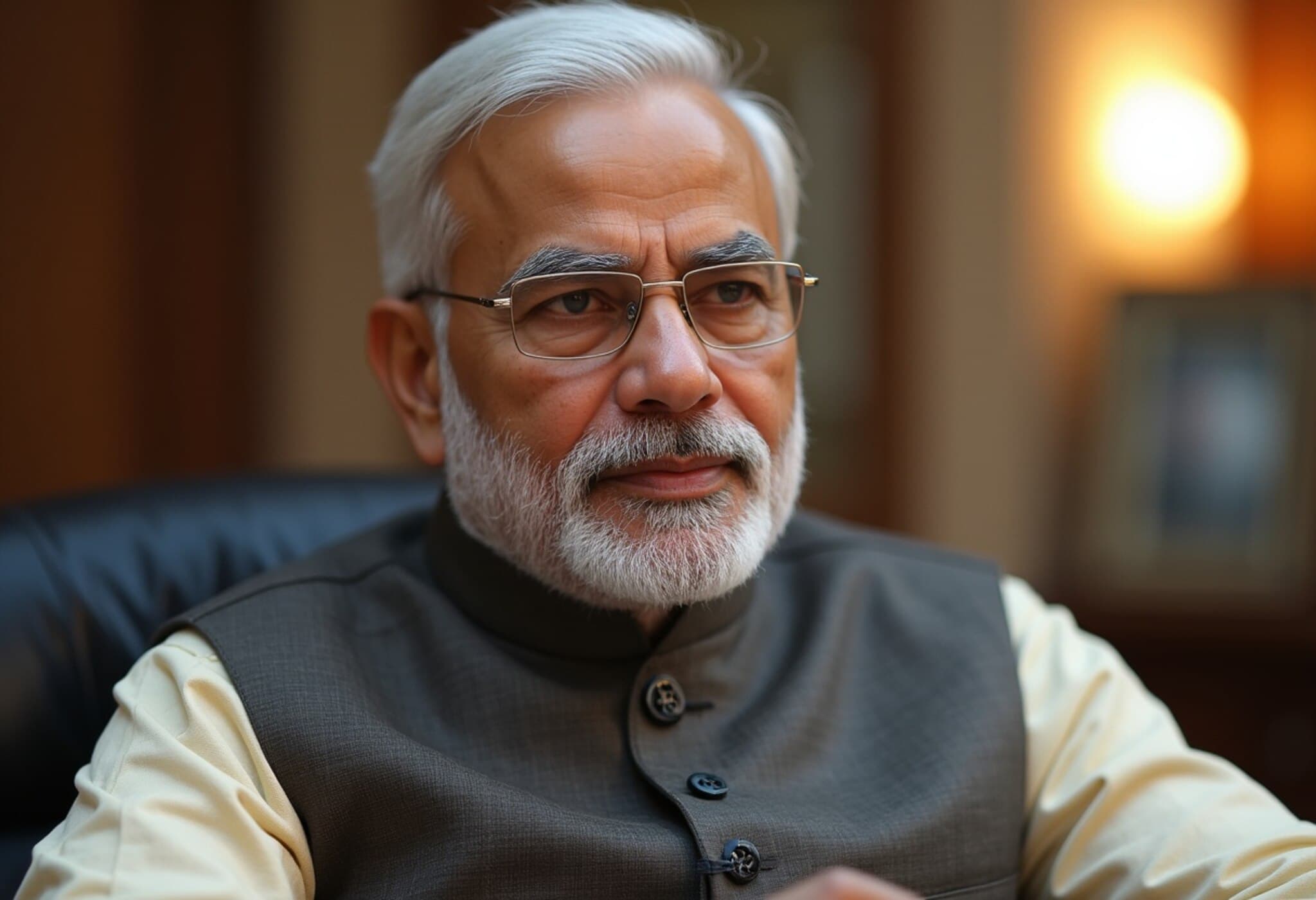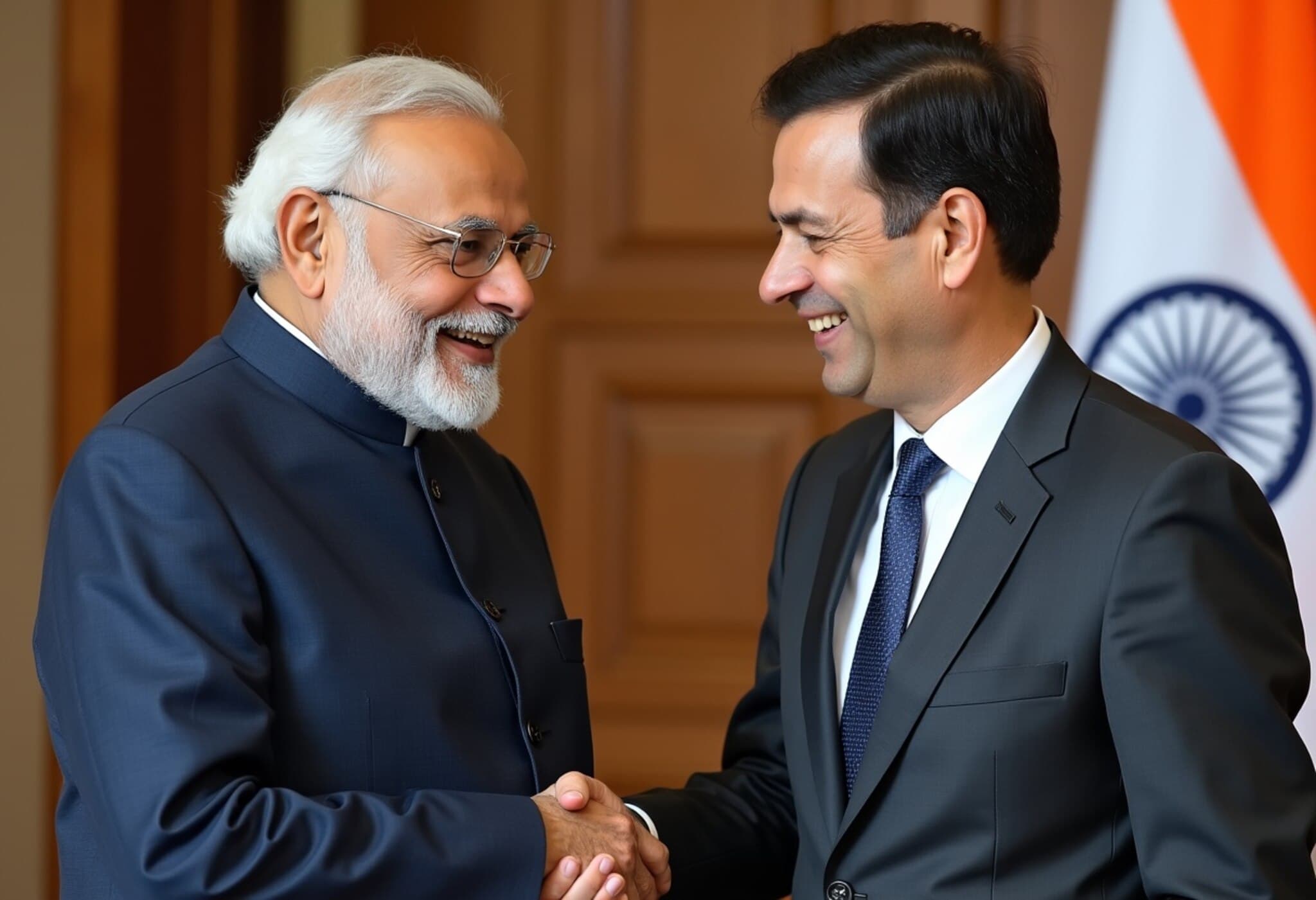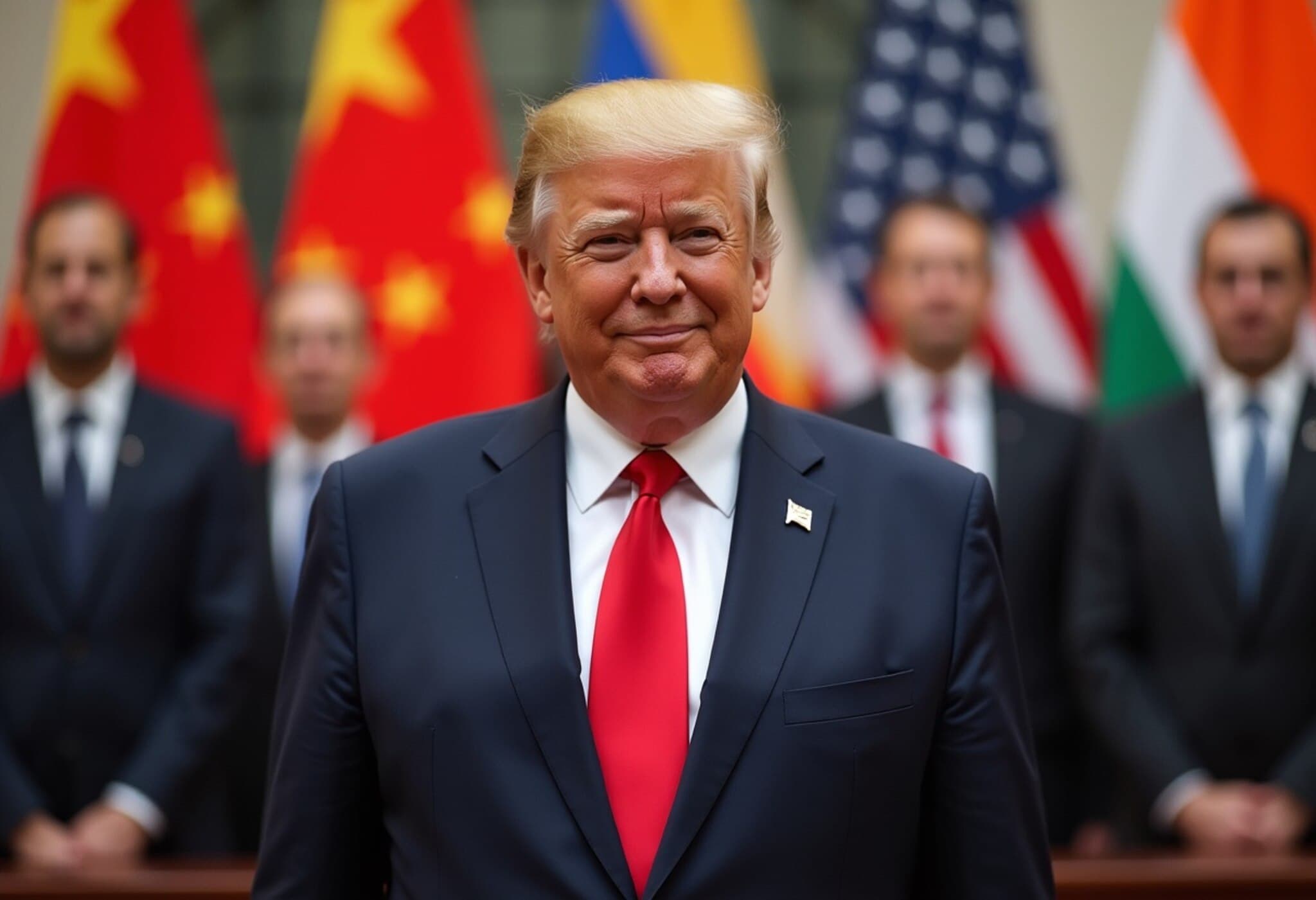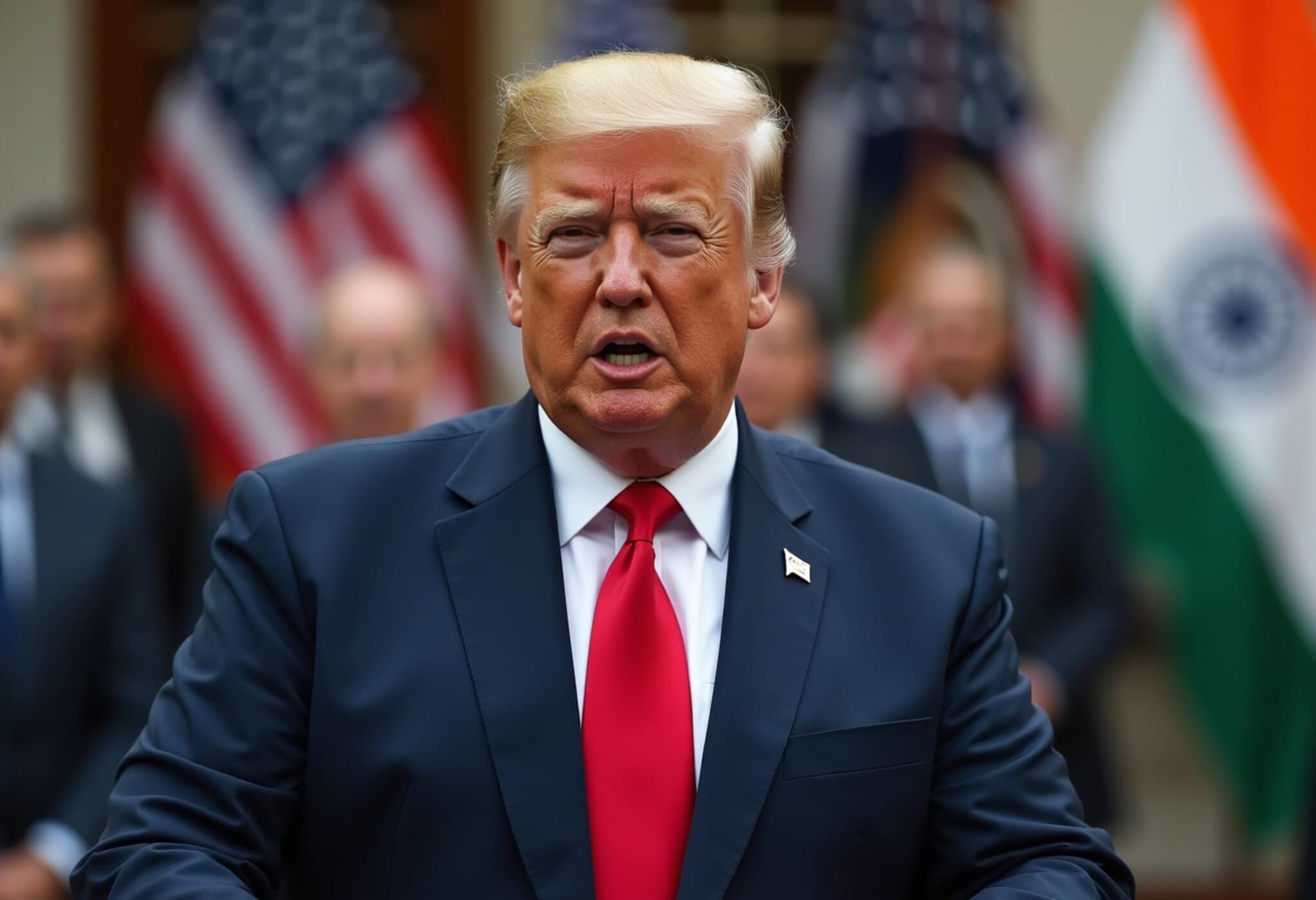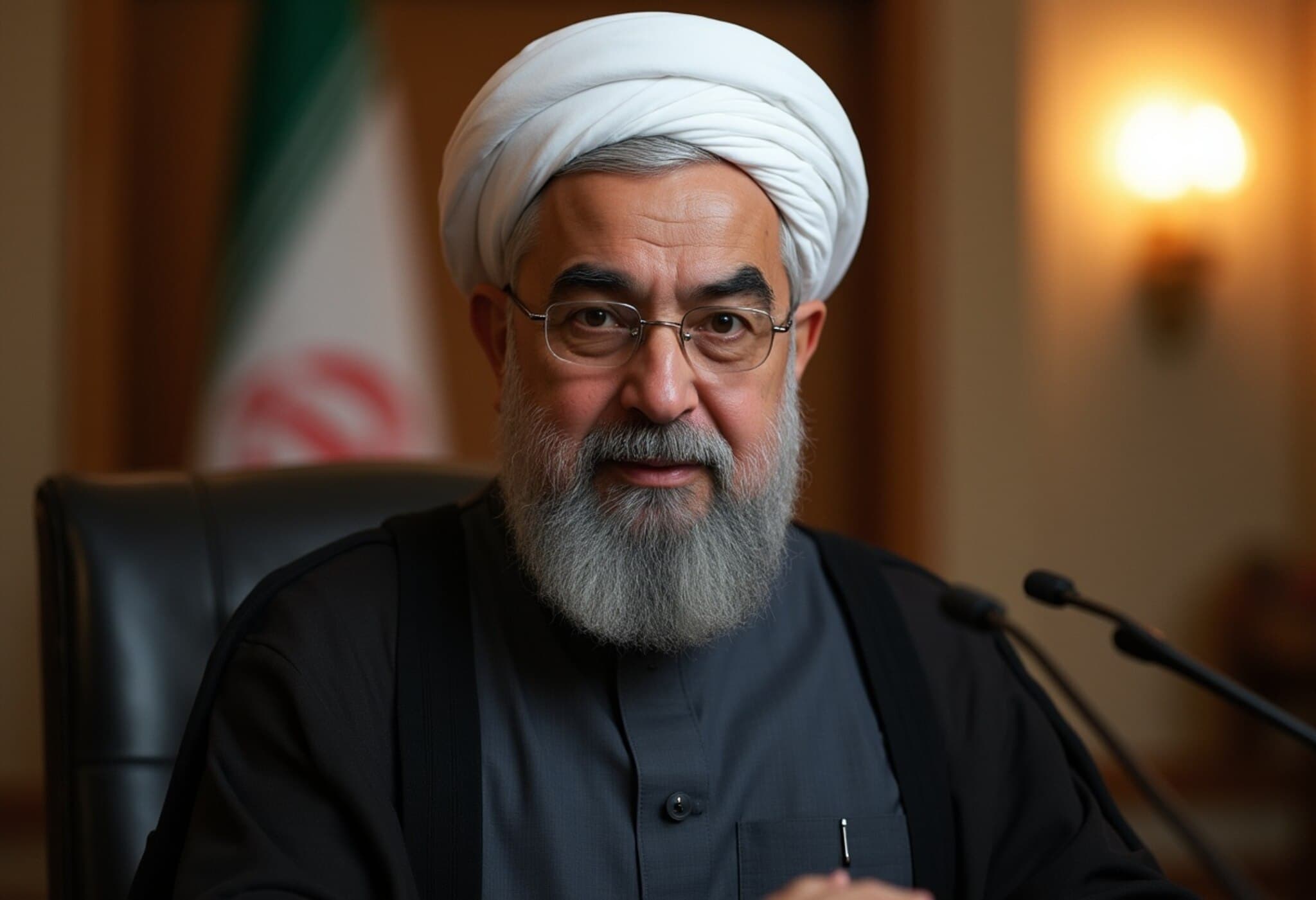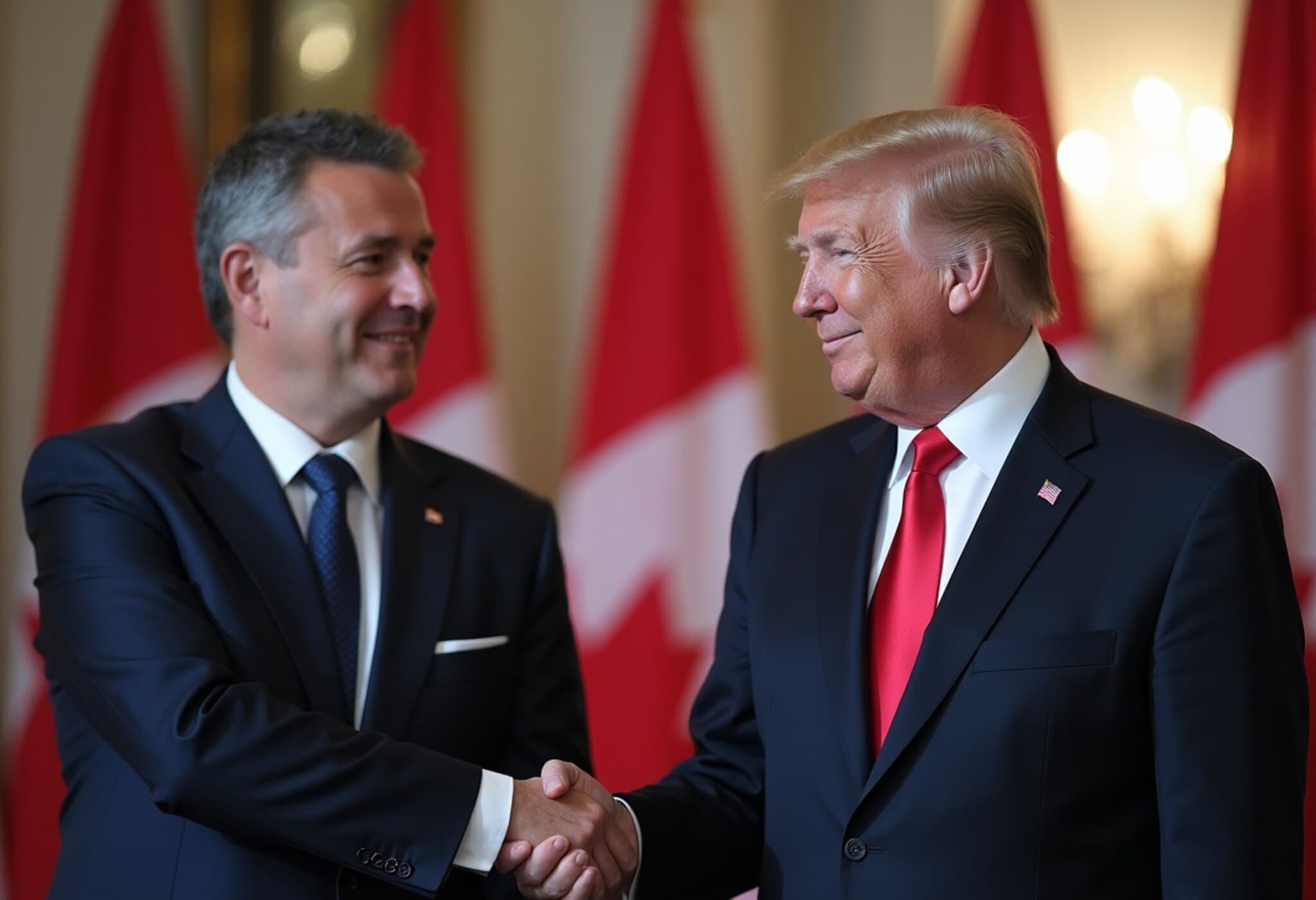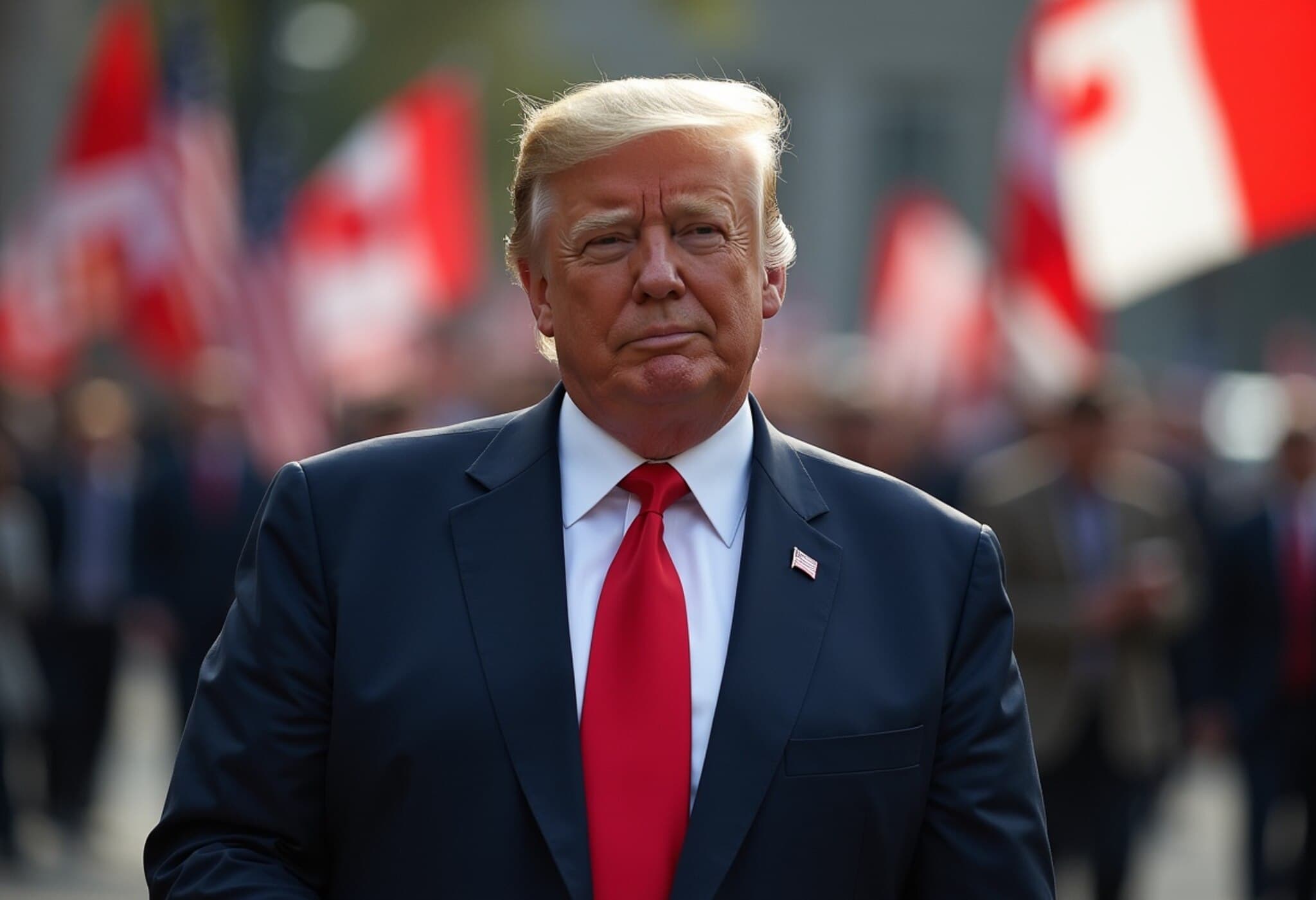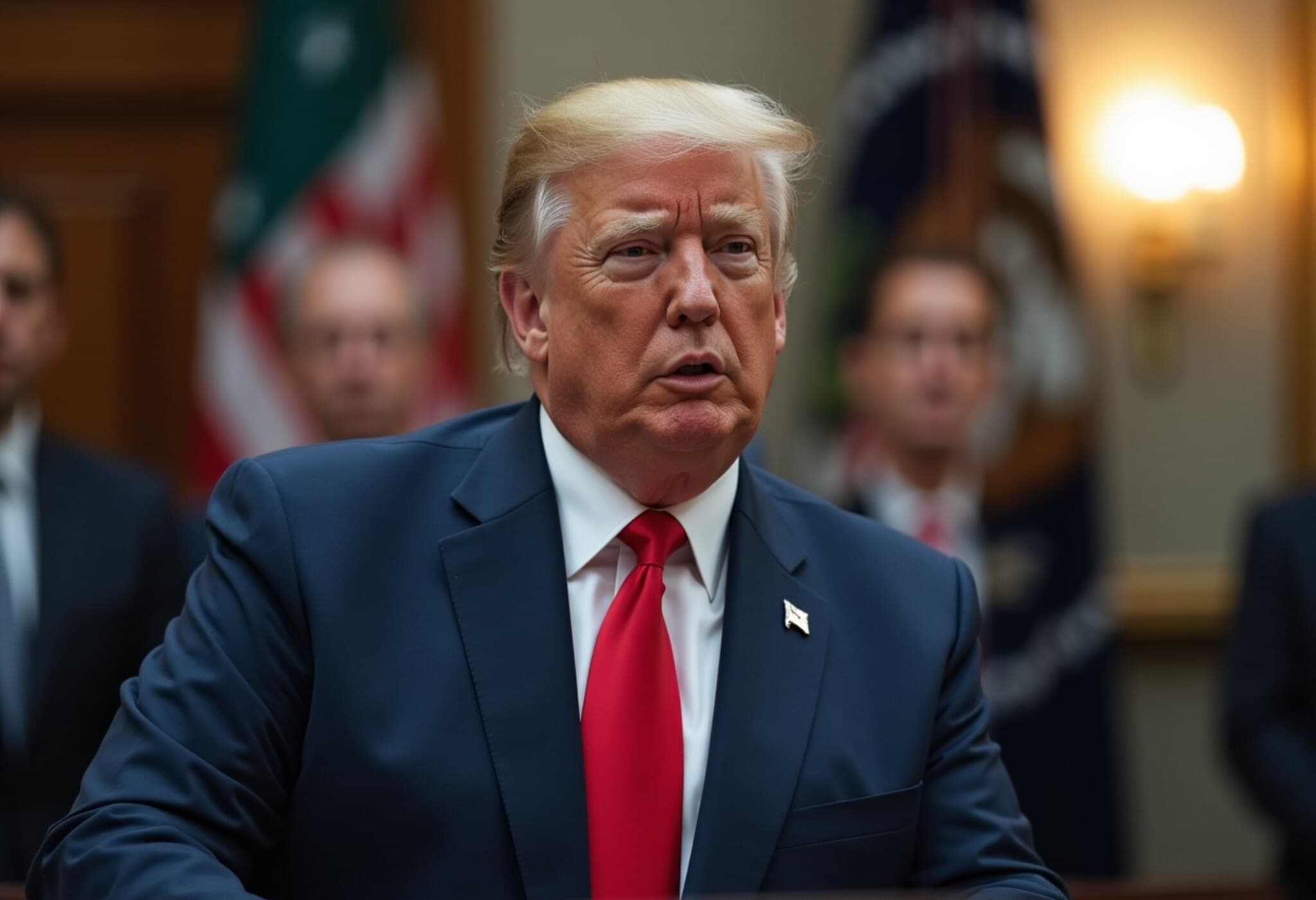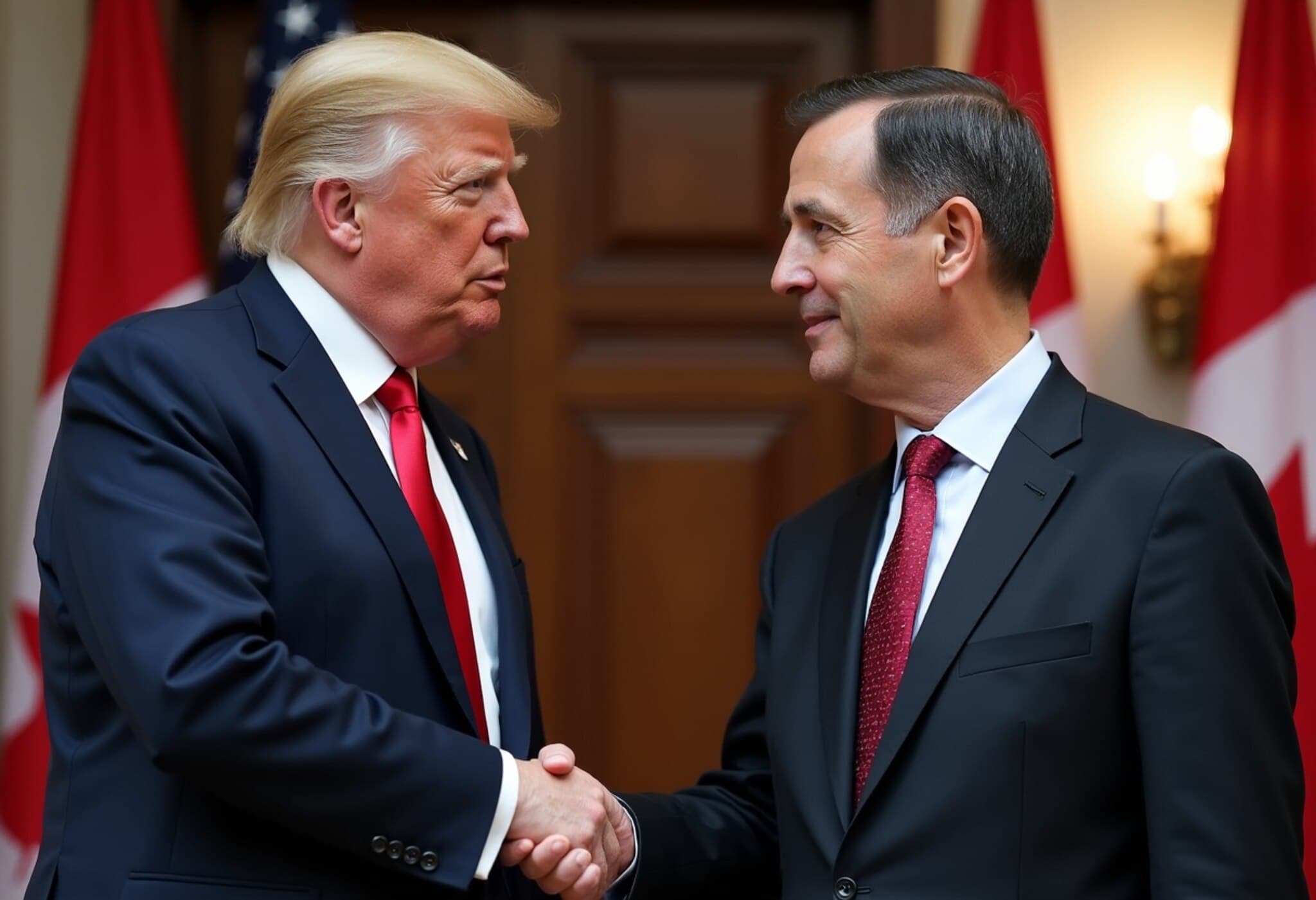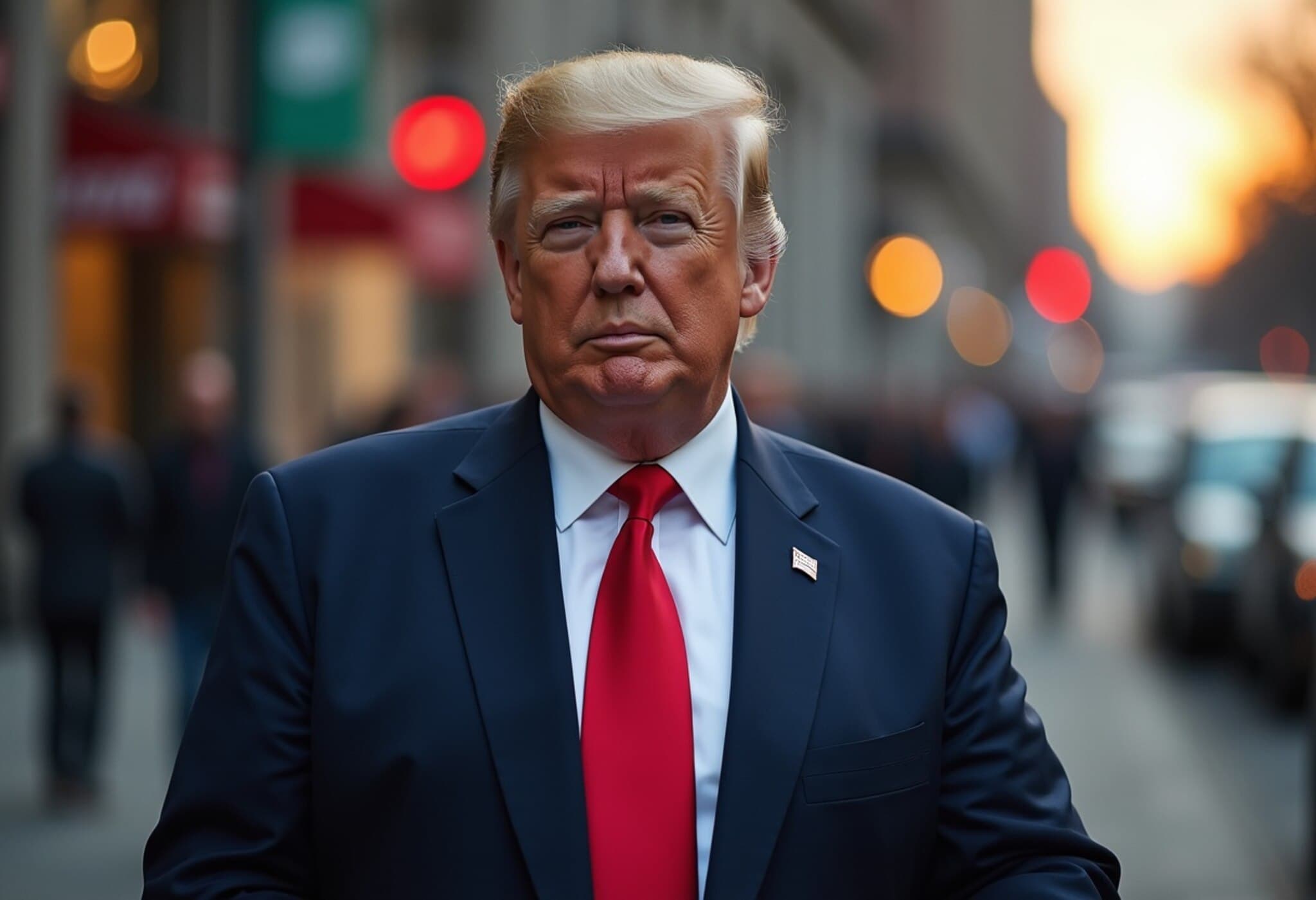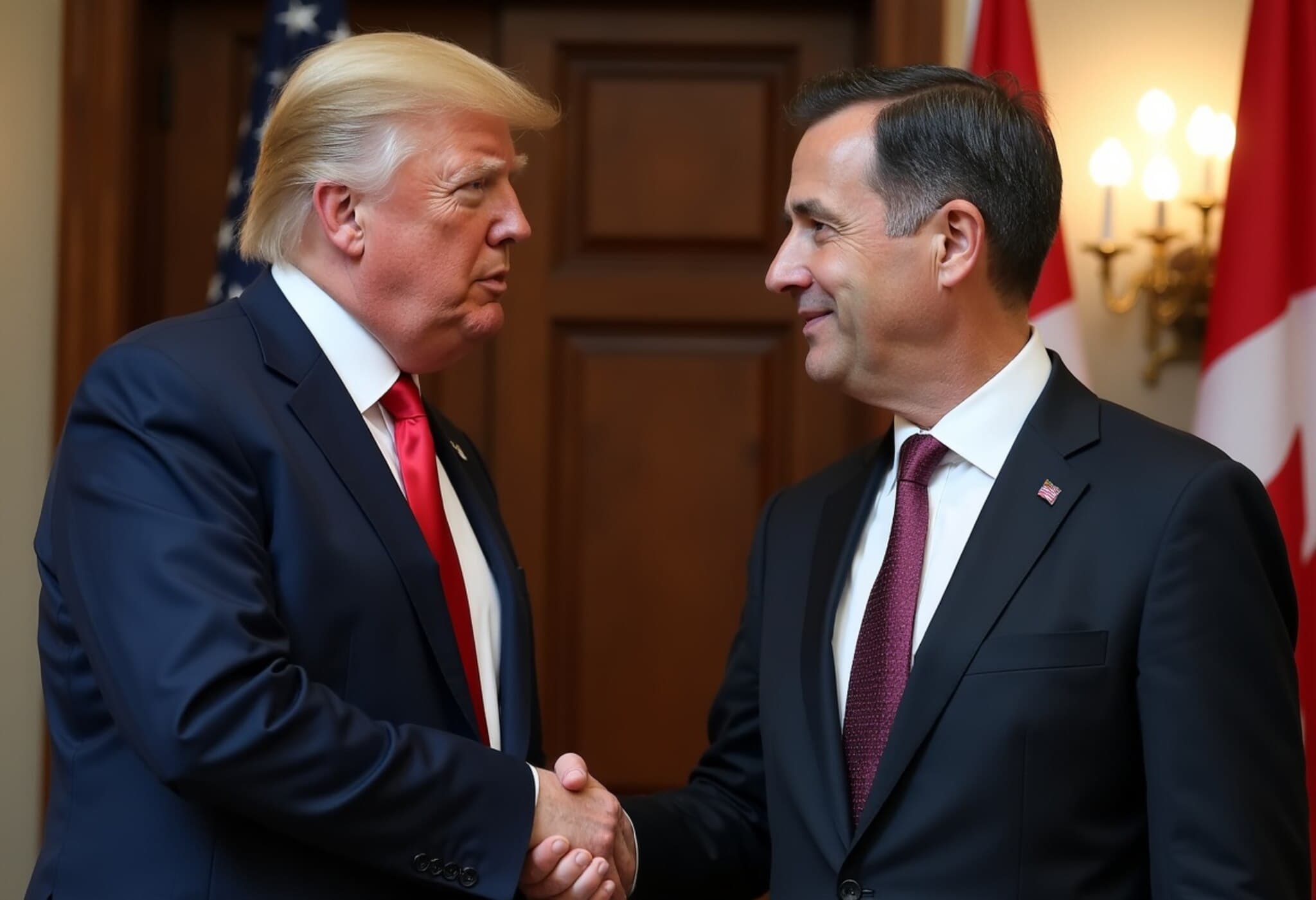Canada and U.S. Face Crucial Trade Talks Before July 21 Deadline
Trade negotiations between Canada and the United States are accelerating as the July 21 deadline looms, aimed at resolving ongoing tariff disputes that have strained one of the world’s closest economic partnerships. While the U.S. pushed back deadlines for tariff talks with other nations until August 1, Canada finds itself in a unique and urgent negotiation track with Washington.
A Unique Partnership Tested by Tariffs and Political Rhetoric
Canada and the U.S. share more than just geographical proximity; they are deeply intertwined economic and security partners. According to Kirsten Hillman, Canada’s ambassador to the U.S. and chief trade negotiator, the goal is to restore “open, stable and predictable trade” between the two countries — particularly in goods affected by tariffs.
However, the talks have been complicated by President Donald Trump's inconsistent deadline enforcement and tariff impositions, including a 25% tariff on many Canadian goods, and a 50% tariff on steel and aluminum exports — tariffs justified by the U.S. as critical to national security. Canada, as the U.S.’s second-largest trading partner and a key collaborator in continental defense agreements, emphasizes that its relationship demands a tailored approach.
Deadlocks and Digital Tax Disputes
Disagreements recently flared over Canada’s digital services tax affecting major American technology companies. The dispute caused a 48-hour suspension of talks when President Trump threatened retaliatory measures unless Canada repealed the tax. Canada eventually canceled the levy, enabling negotiations to resume.
Broader Context: The USMCA Framework and Trade Stability
Canada, the U.S., and Mexico operate under the United States-Mexico-Canada Agreement (USMCA), the successor to NAFTA, which continues to govern most trade relations. Hillman stressed the agreement is actively functioning despite tariff-related exceptions.
“We absolutely want the USMCA to continue functioning because it provides essential predictability and stability to traders,” she said, highlighting its daily importance amid trade turbulence.
The Challenges Ahead: Competition for U.S. Negotiators’ Attention
Former lead lawyer for Canada and Mexico at the U.S. Trade Representative’s office, Patrick Childress, noted that the delay granted to other countries on tariff negotiations means Canada must compete for Washington’s attention among dozens of governments, complicating efforts to reach a speedy resolution.
Political Underpinnings and Future Risks
The backdrop to these talks is steeped in political theatrics. President Trump has notably floated unorthodox ideas, including annexing Canada into the United States. Though largely viewed as rhetoric, such statements frustrate Canadian leaders and voters alike, complicating Prime Minister Mark Carney’s mandate to protect Canadian sovereignty while navigating trade pragmatism.
Moreover, there is no guarantee tariffs on Canadian copper and other goods won’t follow, underscoring persistent uncertainty for Canadian exporters.
National Security and Economic Sovereignty
From the U.S. perspective, tariffs on steel and aluminum serve a vital national security purpose by safeguarding domestic production crucial to military and industrial needs. This angle makes it difficult to dislodge the tariffs without significant compromise.
Looking Forward: What’s Next for Canada-U.S. Trade Relations?
Despite these turbulent negotiations, Canada remains hopeful. Ambassador Hillman expressed confidence that the tariffs will ultimately be removed and that the trading relationship will be restored to USMCA-consistent standards to benefit both nations.
As the deadline approaches, the stakes remain high not only for economic stability but also for the enduring partnership between two neighbors whose futures are deeply entwined.
Key Takeaways
- Tariff negotiations between Canada and the U.S. enter critical phase ahead of July 21 deadline.
- Canada fights to protect trade stability under USMCA amid punitive tariffs on steel, aluminum, and other goods.
- Political rhetoric from the U.S. President adds complexity and tension to already strained talks.
- Canada emphasizes its unique role as U.S.’s security and economic partner to pursue tailored solutions.
- Experts warn competing U.S. trade priorities with other nations may prolong negotiations, affecting Canadian economy.
Editor’s Note
These trade negotiations highlight a broader question: How do close allies balance national security concerns with the benefits of free trade in a shifting geopolitical landscape? Canada’s case exemplifies the fine line between protecting domestic industries and preserving vital economic partnerships. As this story unfolds, it will be crucial to watch how political calculations intersect with economic realities, and whether diplomacy can prevent tariff disputes from escalating into longer-term damage for North American trade.


